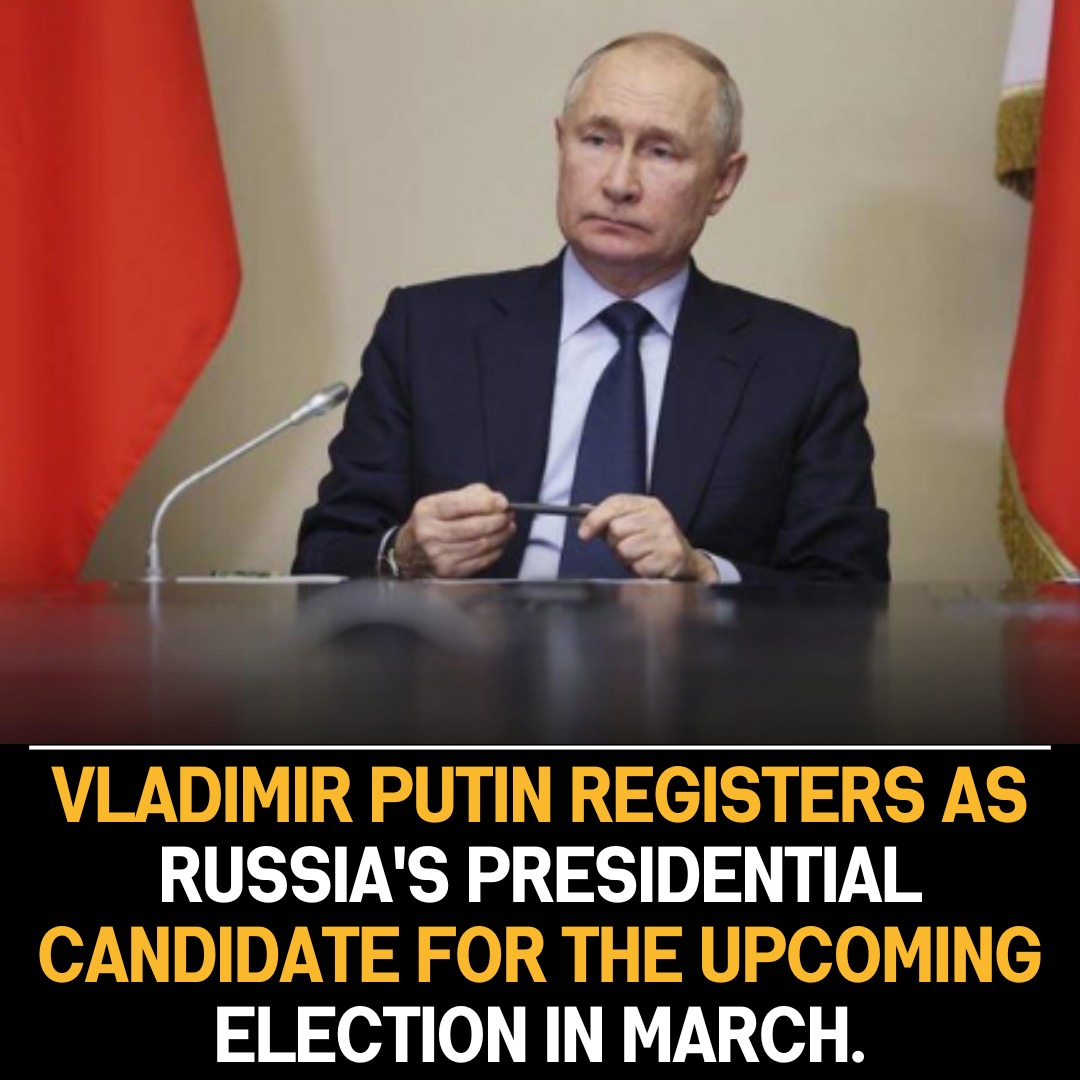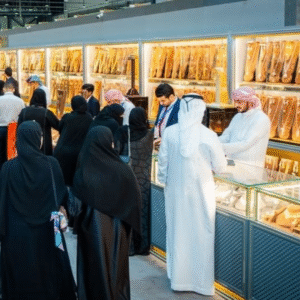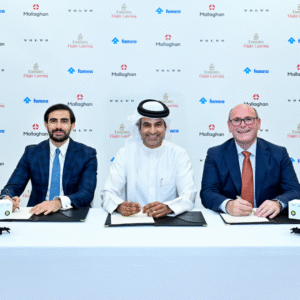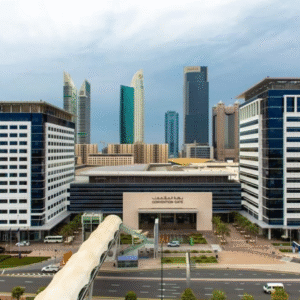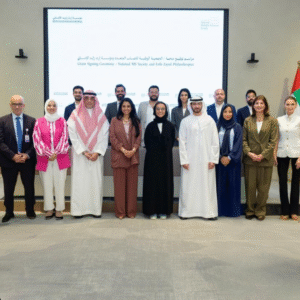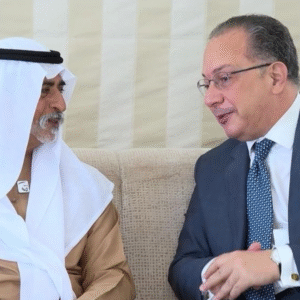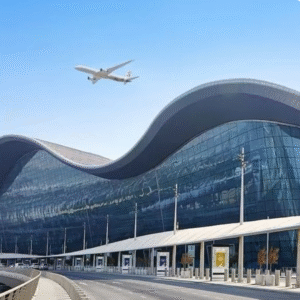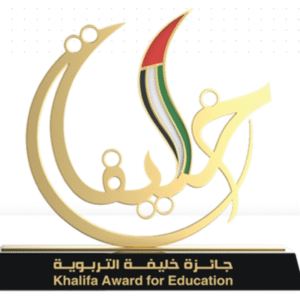In a significant development for Russian politics, Vladimir Putin has officially thrown his hat into the ring by registering as a candidate for the upcoming presidential election. The Central Election Commission made the announcement, solidifying Putin’s bid for another term in office. The election is scheduled to take place from March 15 to 17, marking a crucial moment in Russia’s political landscape.
Vladimir Putin’s decision to run for the presidency again comes as no surprise to many observers. Putin, a prominent and influential figure in Russian politics, has been at the helm of the country for extended periods, serving as both president and prime minister. His leadership style and policies have shaped Russia’s trajectory on the global stage.
The registration process, overseen by the Central Election Commission, is a formal step in the lead-up to the elections. This move initiates the official campaign period, during which candidates present their platforms, engage with the electorate, and participate in debates. For Putin, this marks the beginning of a journey to secure another term as the leader of the Russian Federation.
The timing of the election, scheduled from March 15 to 17, is significant. As Russia navigates complex geopolitical challenges and addresses internal issues, the outcome of the presidential election will shape the country’s direction in the coming years. Putin’s candidacy introduces a familiar and experienced leader into the race, emphasizing continuity in governance.
The Central Election Commission plays a pivotal role in ensuring the integrity and fairness of the electoral process. Its announcement of Putin’s official registration signifies the formal start of the election season. The Commission will oversee various aspects of the electoral process, including voter registration, monitoring campaign finances, and organizing the polling stations.
Putin’s candidacy is likely to spark both support and criticism within Russia and internationally. His leadership style and policies have been a subject of debate, with some praising his strong and assertive approach, while others raise concerns about issues related to democracy and human rights. The election will provide an opportunity for the Russian electorate to express their views on these matters.
As the campaign unfolds, it will be interesting to observe the dynamics of the electoral process. Putin’s popularity, political maneuvering, and the strategies of other candidates will shape the narrative leading up to the voting days. The election results will not only determine the next president but also have broader implications for Russia’s domestic and foreign policies.
In conclusion, Vladimir Putin’s official registration as a candidate for Russia’s presidential election sets the stage for a consequential political event. The Central Election Commission’s announcement heralds the beginning of a formal campaign period, offering voters the chance to decide on the country’s leadership for the next term. The election, scheduled from March 15 to 17, will be closely watched as Russia determines its path forward under Putin’s potential continued leadership.

